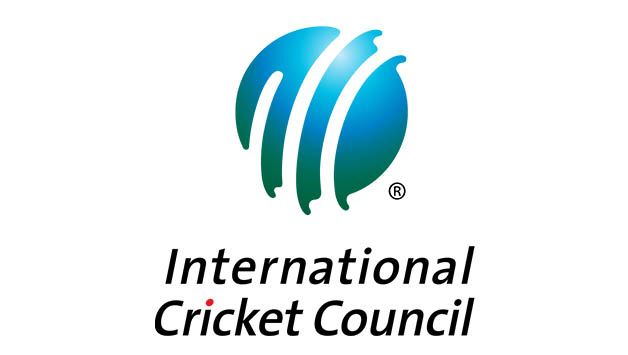
Cricket Country Staff
Editorial team of CricketCountry.
Written by Cricket Country Staff
Published: Nov 20, 2018, 03:08 PM (IST)
Edited: Nov 20, 2018, 03:07 PM (IST)


The ICC’s dispute resolution committee gave its verdict on a compensation claim of USD 70 million filed by the PCB against the BCCI, dismissing the Pakistan Board’s claim against the Indian board.
“Following a three-day hearing and having considered detailed oral and written submissions, the Dispute Panel has dismissed the PCB’s claim against the BCCI,” an ICC release stated.
The PCB had asserted that the BCCI did not honour a Memorandum of Understanding. The Indian Board has maintained that the MoU was not legally binding on it.
In 2014, both the boards had signed an MoU under which the two arch-rivals were to play six bilateral series between 2015-2023.
As per the MoU, India was scheduled to play six series against Pakistan, four of which were going to be Pakistan’s home series.
The BCCI, however, left it on the Indian government to decide on the series in the wake of the ongoing political tensions between the two countries.
In May this year, the PCB sent a legal notice to the BCCI for failing to honour the MoU and initiating legal action against the Indian board for not fulfilling its promise.
Former PCB chairman Shahryar Khan in July had disclosed that it has reserved INR one billion to fight a legal battle against its Indian counterpart in the ICC dispute resolution committee for not honouring its promise of playing bilateral series with Pakistan.
After Ehsan Mani took over as the chairman of the PCB he had said that he would have tried to resolve the matter via negotiations.
“Unfortunately, it has never happened in the history of the ICC that two cricket boards are fighting a case against each other. Had I been at the helm at the time of filing the case, I would have preferred to resolve the matter through negotiation,” Mani had said earlier this month.
This website uses cookies so that we can provide you with the best user experience possible. Cookie information is stored in your browser and performs functions such as recognising you when you return to our website and helping our team to understand which sections of the website you find most interesting and useful.
Strictly Necessary Cookie should be enabled at all times so that we can save your preferences for cookie settings.
If you disable this cookie, we will not be able to save your preferences. This means that every time you visit this website you will need to enable or disable cookies again.
